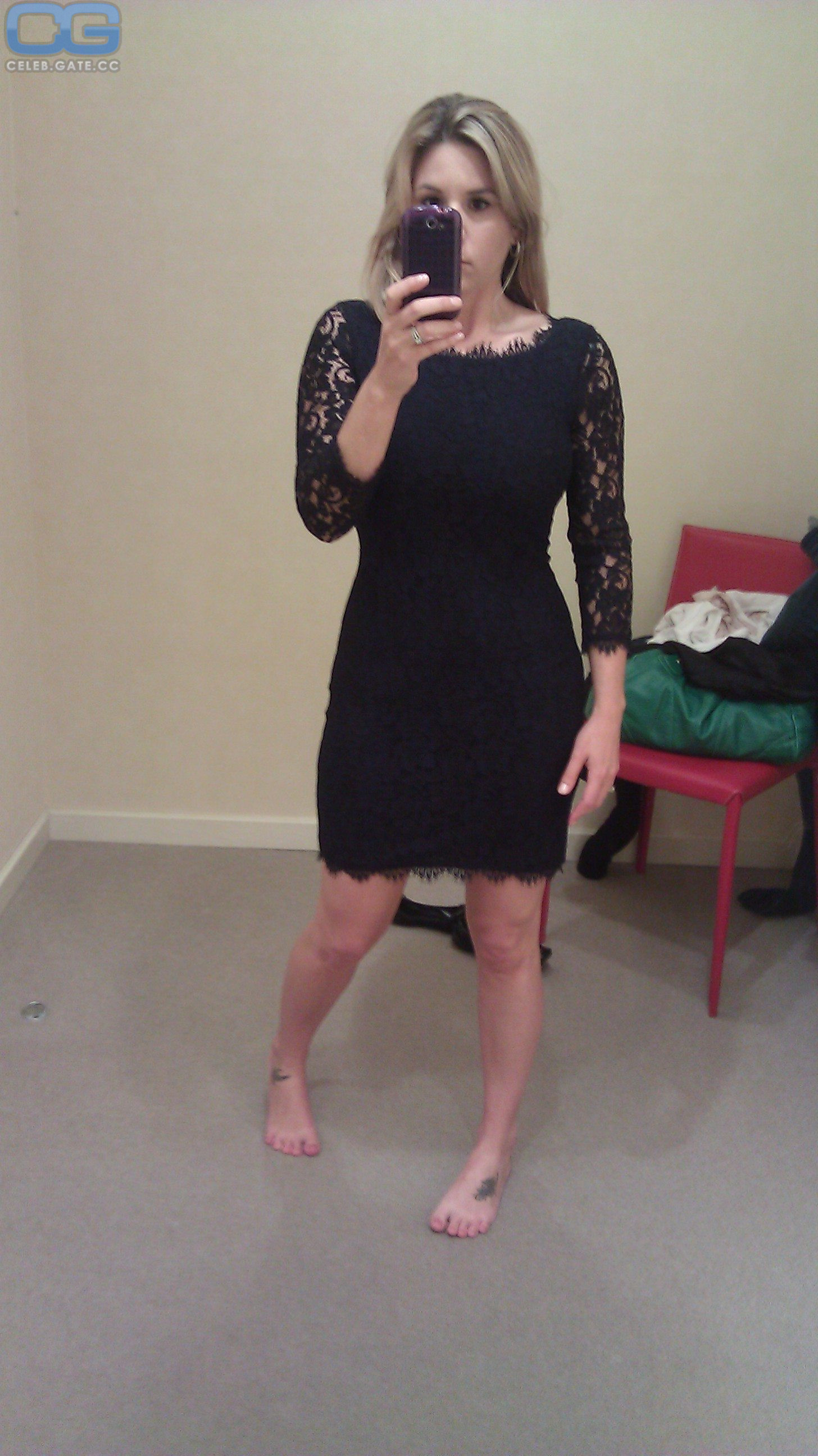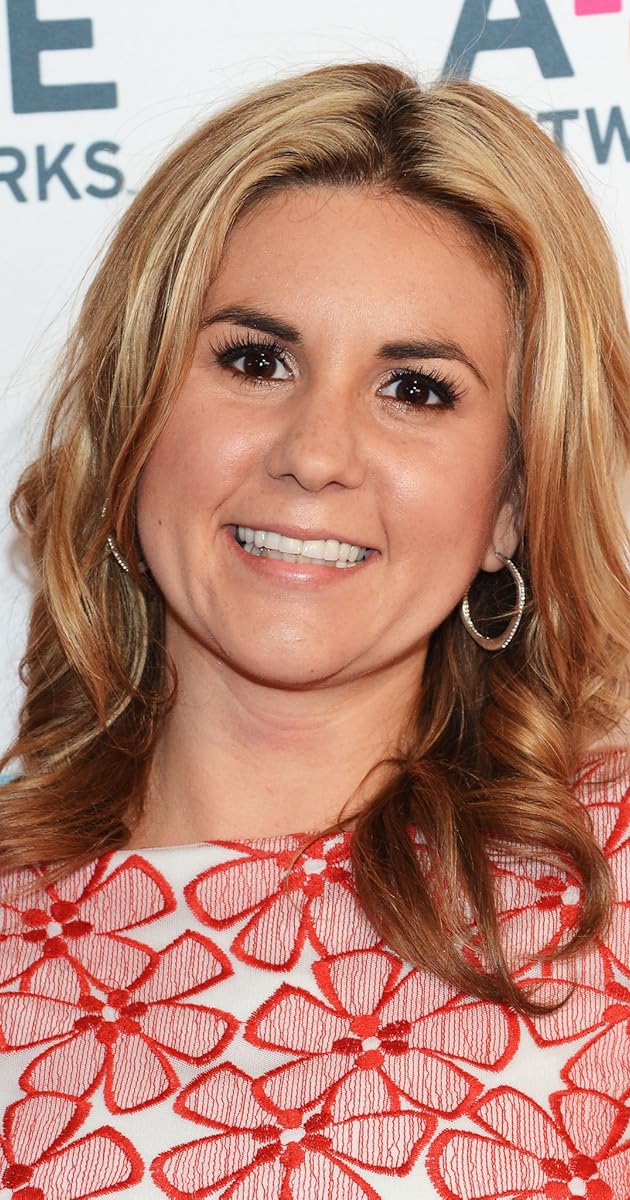Naked Photos Of Brandi Passante: A Closer Look At Privacy, Consent, And Media Sensationalism
You’ve probably stumbled upon the phrase "naked photos of Brandi Passante" while browsing online, and it’s no surprise that headlines like this can be attention-grabbing. But before we dive into the nitty-gritty, let’s take a step back and think about what this really means. In an age where privacy is increasingly under threat, discussions around leaked photos and their implications are more important than ever. This isn’t just about one person; it’s about understanding the broader context of consent, media ethics, and the impact on individuals’ lives.
Brandi Passante has been at the center of some pretty intense media storms over the years, and unfortunately, a lot of that attention hasn’t been positive. The internet is a wild place, and when someone’s private moments are exposed without their permission, it raises a ton of questions. Is it right? Is it legal? And most importantly, what does it say about our society’s values?
This article isn’t here to sensationalize or exploit anyone’s situation. Instead, we’re going to explore the topic from different angles—legal, ethical, and social—so you can walk away with a deeper understanding of the issues at play. Let’s get started, shall we?
Read also:Level Up Your Anime Experience Vegamovies In Anime Download
Table of Contents
- Brandi Passante: A Brief Biography
- The Importance of Privacy in the Digital Age
- What Does Consent Really Mean?
- The Role of Media in Sensationalizing Stories
- Legal Implications of Leaked Photos
- The Emotional and Psychological Impact on Victims
- How Can We Prevent This From Happening?
- The Role of Social Media Platforms
- Ethical Considerations in Sharing Content
- Looking to the Future: What Can Be Done?
Brandi Passante: A Brief Biography
Before we delve into the controversial aspects surrounding Brandi Passante, let’s first get to know her better. Brandi Passante is a well-known personality in the entertainment industry, and her journey has been anything but ordinary. Below is a quick overview of her life and career:
Biographical Data
| Full Name | Brandi Passante |
|---|---|
| Date of Birth | [Date] |
| Place of Birth | [Place] |
| Profession | Actress, Model |
| Notable Works | [List of notable works] |
Brandi Passante’s career in the entertainment industry has brought her both fame and controversy. While she’s made a name for herself through her talents, the attention she receives isn’t always positive. Let’s shift our focus now to understanding why privacy matters so much in today’s world.
The Importance of Privacy in the Digital Age
We live in a world where everything is shared online, from vacation photos to intimate moments with loved ones. But with great sharing comes great responsibility. Privacy is no longer just a personal issue—it’s a societal one. When someone’s private photos are leaked without their consent, it’s not just a violation of trust; it’s a breach of their fundamental rights.
Think about it—how would you feel if your most personal moments were splashed across the internet for everyone to see? It’s not just embarrassing; it’s devastating. The digital age has made it easier than ever for people to share content, but it’s also made it easier for that content to be misused.
Why Privacy Matters
- Protects personal information from being exploited.
- Ensures individuals have control over their own narratives.
- Prevents emotional and psychological harm.
Privacy isn’t just about keeping things secret; it’s about respecting boundaries and giving people the autonomy to decide how they want to present themselves to the world.
Read also:Raspberry Pi Secure Remote Access Free The Ultimate Guide
What Does Consent Really Mean?
Consent is one of those words that gets thrown around a lot, but what does it actually mean? In the context of sharing photos, consent means that the person in the photo has given explicit permission for it to be shared. It’s not just about having the photo—it’s about respecting the person’s wishes and ensuring they’re comfortable with how it’s used.
When it comes to "naked photos of Brandi Passante," the question of consent is critical. If these photos were taken without her permission or shared without her approval, then it’s a clear violation of her rights. It’s important to remember that just because something exists doesn’t mean it’s okay to share it.
Key Aspects of Consent
- Explicit permission from the person involved.
- Understanding of how the content will be used.
- Respect for the person’s decision, even if it’s a "no."
Consent isn’t just a legal formality; it’s a moral obligation. We all have a responsibility to respect each other’s boundaries and ensure that we’re not contributing to the problem.
The Role of Media in Sensationalizing Stories
The media plays a huge role in shaping public opinion, and unfortunately, not always in a positive way. Sensational headlines like "naked photos of Brandi Passante" grab attention, but they also contribute to a culture of exploitation. Instead of focusing on the real issues—like consent and privacy—many outlets choose to sensationalize the story for clicks and views.
It’s not just about the media, though. Social media platforms also play a part in spreading this kind of content. Viral posts and shares can make it seem like everyone is talking about it, even if they’re not. This creates a feedback loop where the more people talk about it, the more attention it gets.
How Media Can Do Better
- Focus on the broader implications rather than just the scandal.
- Respect the privacy of individuals involved.
- Educate the public on the importance of consent and ethics.
By shifting the narrative to focus on the real issues, the media can help create a more informed and compassionate society.
Legal Implications of Leaked Photos
When it comes to leaked photos, there are serious legal implications to consider. In many countries, sharing intimate images without consent is illegal and can result in hefty fines or even jail time. The laws vary depending on where you are, but the underlying principle is the same: people have the right to control their own images.
In the case of "naked photos of Brandi Passante," if these photos were leaked without her permission, those responsible could face legal consequences. It’s not just about the person who shared the photos; it’s also about anyone who knowingly spreads them further.
Legal Protections
- Revenge porn laws in many jurisdictions.
- Intellectual property rights over personal images.
- Defamation and invasion of privacy laws.
Understanding the legal landscape is crucial for both individuals and organizations. By knowing the laws, we can better protect ourselves and others from harm.
The Emotional and Psychological Impact on Victims
While the legal and ethical aspects are important, we can’t ignore the human side of this issue. For victims of leaked photos, the emotional and psychological impact can be overwhelming. The feeling of being exposed and vulnerable can lead to anxiety, depression, and even PTSD.
Brandi Passante, like many others in similar situations, has likely faced a barrage of judgment and criticism from the public. It’s easy to forget that behind the headlines is a real person with real feelings. The way we talk about these situations matters, and it’s important to approach them with empathy and understanding.
Supporting Victims
- Offering mental health resources.
- Creating safe spaces for open conversations.
- Encouraging a culture of respect and empathy.
By supporting victims and fostering a more compassionate society, we can help reduce the harm caused by these situations.
How Can We Prevent This From Happening?
Prevention is key when it comes to stopping the spread of leaked photos. There are several steps individuals and organizations can take to minimize the risk of this happening. From using strong passwords to educating people on the importance of consent, there are plenty of ways to make a difference.
Technology also plays a role in prevention. Many platforms now have features that allow users to report and remove unauthorized content. By using these tools responsibly, we can help protect ourselves and others from harm.
Preventive Measures
- Using secure passwords and two-factor authentication.
- Being cautious about sharing personal information online.
- Reporting unauthorized content to platforms and authorities.
Prevention isn’t just about technology; it’s about creating a culture of respect and responsibility. When we all do our part, we can make the internet a safer place for everyone.
The Role of Social Media Platforms
Social media platforms have a unique responsibility when it comes to regulating content. They have the power to remove harmful content and educate users on the importance of consent. However, they also face challenges in balancing free expression with the need for safety.
Platforms like Facebook, Twitter, and Instagram have taken steps to address the issue of leaked photos. They’ve implemented policies that allow users to report and remove unauthorized content. While these measures are a step in the right direction, there’s still more work to be done.
What Platforms Can Do
- Implement stricter content moderation policies.
- Provide resources for victims of online harassment.
- Encourage users to report harmful content.
By working together, platforms and users can create a safer online environment for everyone.
Ethical Considerations in Sharing Content
Ethics play a crucial role in how we approach issues like leaked photos. It’s not just about what’s legal; it’s about what’s right. When we share content, we have a responsibility to consider the impact it might have on others. Just because something is available doesn’t mean it’s okay to share it.
In the case of "naked photos of Brandi Passante," the ethical considerations are clear. Sharing these photos without her consent is a violation of her rights and a betrayal of trust. It’s important to remember that every action we take online has consequences, and we should always strive to do the right thing.
Looking to the Future: What Can Be Done?
As we look to the future, there’s hope for a more respectful and responsible online culture. By continuing to educate people on the importance of consent, privacy, and ethics, we can make a real difference. Governments, organizations, and individuals all have a role to play in creating a safer internet for everyone.
It’s not going to happen overnight, but with continued effort and collaboration, we can make progress. The key is to stay informed, stay engaged, and stay compassionate. Together, we can create a world where everyone’s rights are respected and their privacy is protected.
Final Thoughts
In conclusion, the topic of "naked photos of Brandi Passante" is complex and multifaceted. It’s not just about one person or one incident; it’s about the broader issues of privacy, consent, and media ethics. By understanding these issues and taking action, we can help create a more respectful and responsible society.
So, what can you do? Start by educating yourself and others on the importance of consent and privacy. Be mindful of the content you share online and the impact it might have. And most importantly, approach these situations with empathy and understanding.
Thanks for reading, and don’t forget to share your thoughts in the comments below. Let’s keep the conversation going!



